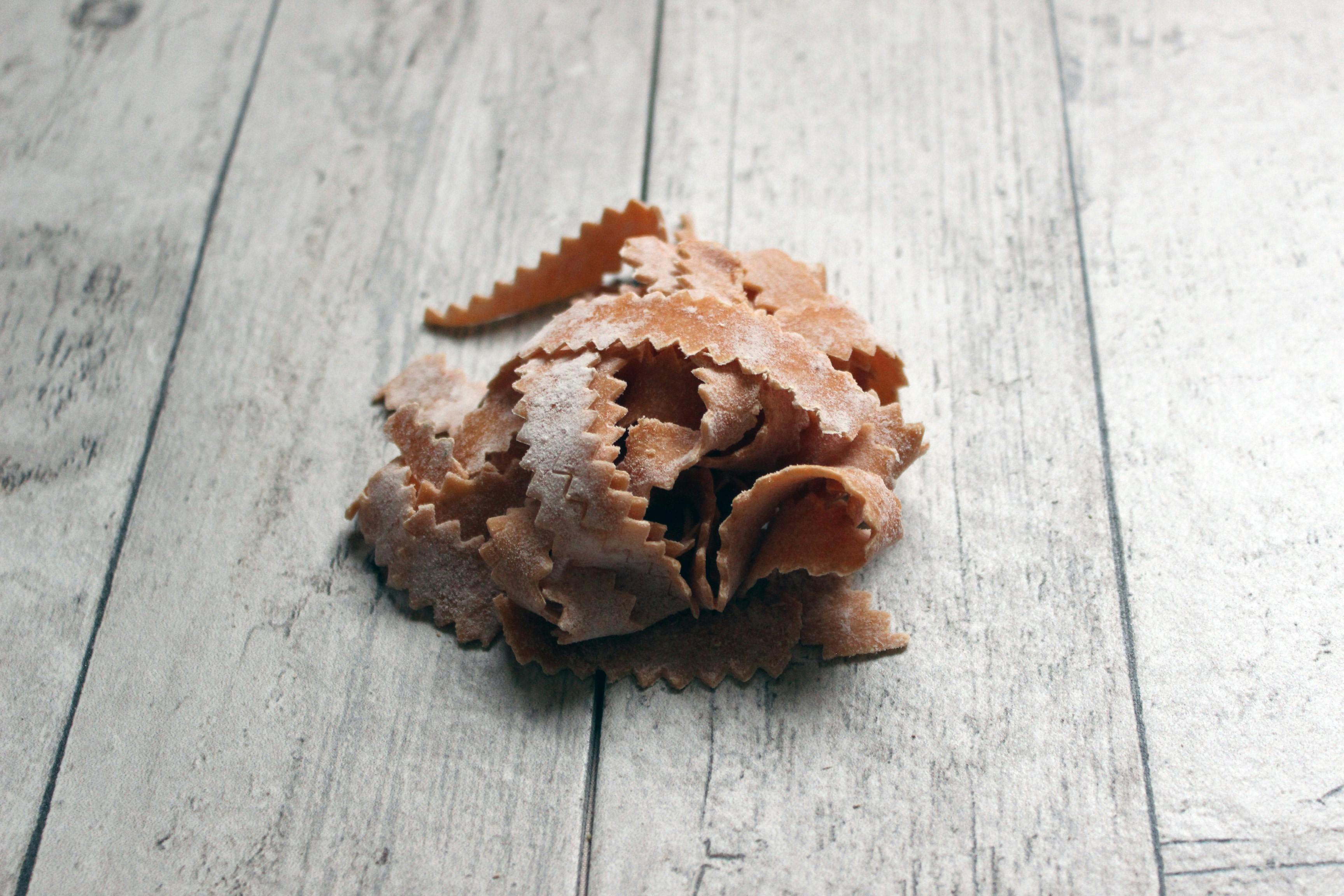
How to Properly Eat Bee Pollen for Maximum Health Benefits in 2025
Bee pollen is often considered a superfood, packed with essential nutrients that can substantially benefit our health. As more people become aware of its numerous health advantages, many are eager to learn how to incorporate this natural supplement into their diets. This article will explore how to eat bee pollen effectively, ensuring you maximize its benefits.
In recent years, studies have shown that bee pollen contributes positively to energy levels, immune support, and overall vitality, making it an appealing choice for anyone from athletes to health-conscious parents. We'll provide a roadmap to help you understand the benefits of bee pollen, its various forms of consumption, and practical recipes to integrate it into your daily diet.
Along the way, we will also address commonly asked questions, such as how much bee pollen to take and potential side effects. By the end of this guide, you will know the best practices for consuming this incredible substance, ensuring you harness its full health potential.

Essential Guide to Bee Pollen Benefits for Health
Before diving into ways of consuming bee pollen, it is vital to understand the extensive benefits it offers. Bee pollen is packed with vitamins, minerals, proteins, and antioxidants that have been linked to various health benefits. From supporting weight loss to enhancing athletic performance, its versatility makes it an excellent addition to your diet.
Boosting Energy Levels Naturally
For those feeling fatigued or drained, bee pollen can serve as a natural energy booster. Its complex carbohydrate content provides fuel for the body, making it a great pre-workout supplement for athletes. Additionally, bee pollen's rich nutrient profile helps in reducing fatigue, leading to improved stamina during exercises.
Immune Support and Allergy Relief
Bee pollen may enhance the immune system, helping the body to fend off illnesses. Moreover, many people find that consuming local bee pollen can help alleviate seasonal allergies due to its natural histamine-reducing properties. This makes it an excellent natural remedy during allergy season.
Weight Management Benefits
Incorporating bee pollen into your diet can be beneficial for weight management. Its high protein and fiber content can promote satiety, helping to manage hunger levels effectively. This leads to fewer cravings and the potential for weight loss when paired with a well-balanced diet.
Skin Health Enhancements
The antioxidants found in bee pollen can help combat oxidative stress, which is essential for maintaining skin health. Some individuals use bee pollen topically for its anti-inflammatory properties, aiding in issues such as acne or eczema. Additionally, its nutritional profile can promote skin hydration and bounce.
Nutritional Profile of Bee Pollen
A typical serving of bee pollen is nutrient-dense, containing a blend of vitamins A, C, E, and various B vitamins, along with minerals like zinc, iron, and magnesium. Understanding the nutritional aspect is crucial when deciding how much to take and the best ways to integrate it into your meals.
With these essential benefits outlined, let's explore the different ways to consume bee pollen effectively.
Effective Ways to Incorporate Bee Pollen into Your Diet

Mixing Bee Pollen with Smoothies
One of the most popular methods to consume bee pollen is by adding it to smoothies. This method not only masks the taste for those who might find it unpalatable but also boosts the nutritional value of your drink. When blending, ensure to add a tablespoon of bee pollen granules along with your favorite fruits and spinach for a nutrient-rich start to your day.
Adding Bee Pollen to Breakfast
Incorporating bee pollen into breakfast is another effective way to enjoy its benefits. Consider sprinkling it over yogurt, oatmeal, or cereal. This easy addition provides a nutrient boost and can enhance the flavor of your meals significantly. Just remember to mix lightly, allowing the granules to integrate without losing their nutritional properties.
Cooking with Bee Pollen
While bee pollen can lose some benefits when exposed to high heat, it can still be a delightful addition to certain recipes. Consider adding it to no-bake energy bars or using it as a topping for baked goods like muffins or pancakes. Exploring creative cooking options broadens the ways you can enjoy this superfood.
Using Bee Pollen as an Energy Booster for Athletes
Athletes looking for a natural energy lift can add bee pollen to their pre- and post-workout regimens. Mixing it in with energy drinks or bars can replenish nutrients and aid in quicker muscle recovery. Understanding how to utilize bee pollen during these times can maximize athletic performance and enhance recovery time.
Creative Bee Pollen Recipes
Be adventurous with your cooking and create a multitude of recipes that utilize bee pollen. From salad dressings to baked goods, bee pollen can transform your meals healthily. Seeking creative recipes is an excellent method to ensure you're consuming bee pollen regularly while enjoying delicious food.
Now that you've learned how to integrate bee pollen into your diet effectively, it's important to determine the right dosage and timing for maximum health benefits.
Understanding Bee Pollen Dosage for Optimal Results
Recommended Daily Intake
The typical recommended daily dosage of bee pollen varies based on individual needs but generally falls between 1 to 2 tablespoons for adults. Those just starting should consider beginning with a smaller amount, such as 1 teaspoon, to assess their body's tolerance and reaction.
Best Time to Take Bee Pollen
The timing of bee pollen consumption can also affect its benefits. Many health experts suggest taking it in the morning to take advantage of its energy-boosting properties throughout the day. However, using it before workouts or during meal times can also be effective depending on individual energy requirements.
How to Measure Bee Pollen Accurately
When measuring bee pollen, it’s important to use a measuring spoon rather than guesswork. Keeping an accurate measure helps to track intake and ensures consistency. For those using bee pollen capsules, referring to the product instructions can provide clarity on dosages.
Precautions for Allergies and Side Effects
Those new to bee pollen should also be aware of potential allergies. It’s crucial to consult with a healthcare provider, especially for individuals with pre-existing allergies or those taking medications that may interact with bee pollen. Monitoring for any side effects, such as digestive issues or reactions, is advisable.
Storing Bee Pollen Properly
To maintain the potency of bee pollen, proper storage is essential. Keep it in a cool, dark place, preferably in an airtight container. This prolongs its shelf life and ensures you’re getting the full range of health benefits with every use.
Now that you are equipped with knowledge about dosing, it's time to discuss incorporating bee pollen with other ingredients for even more health advantages.
Combining Bee Pollen with Other Healthy Ingredients
Mixing Bee Pollen with Yogurt
A popular way to consume bee pollen is by blending it with yogurt. This not only adds flavor but also combines beneficial probiotics found in yogurt with the nutrients of bee pollen. This mix can aid in digestion and improve gut health, delivering compound benefits to your body.
Partnering Bee Pollen with Honey
Combining bee pollen with honey creates a delightful superfood blend. Honey's natural sweetness makes this combination not only tasty but also potent in its health benefits, aiding in energy levels and providing immune support. Many enjoy this mix as a natural remedy for colds and allergies.
Exploring Herbal Tea Combinations
For those who enjoy tea, mixing bee pollen into herbal infusions can enhance the overall nutritional profile of your beverage. As an added bonus, this method allows you to experience diverse flavors while benefiting from the healing properties of the tea blended with bee pollen.
Creating Smoothie Bowl Toppings
Using bee pollen as a topping for smoothie bowls adds color and nutrition to this trendy breakfast option. It not only provides a visually appealing crunch but also includes health advantages that complement the smoothie, making it a perfect morning meal.
Developing Bee Pollen Energy Bars
For those busy days when quick nutrition is needed, incorporating bee pollen into homemade energy bars can be extremely useful. By blending together nuts, oats, honey, and bee pollen, you create a snack loaded with proteins and macronutrients, perfect for a quick energy boost.
Having explored the integration of bee pollen in various culinary options, let’s look at common questions and concerns people have regarding bee pollen consumption.
Frequently Asked Questions About Bee Pollen
Can Everyone Take Bee Pollen?
While bee pollen is generally safe for most individuals, those with pollen allergies or specific medical conditions should consult a healthcare provider before starting. It's important to monitor reactions and adjust intake accordingly.
What Are the Potential Side Effects?
Some individuals may experience mild digestive upset or allergic reactions when consuming bee pollen. It's best to start with small amounts and observe your body's response. If any adverse reactions occur, discontinue use and seek medical advice.
How Much Bee Pollen is Safe for Children?
Bee pollen can be incorporated into a child's diet, but pediatric guidance is recommended to determine suitable dosages. Generally, starting with a small amount, such as 1/4 teaspoon, and increasing as they grow is advisable.
How Long Does Bee Pollen Last?
If stored properly, bee pollen can last several years. The key is keeping it in a cool, dark, and dry place to prevent moisture and preserve its nutrient integrity. Always look for expiration dates on packaging.
Can Bee Pollen Help with Allergies?
Many individuals report relief from seasonal allergies when introducing local bee pollen into their diets. This could be due to its natural pollen content, which may help the body adapt and reduce allergic reactions. However, this remedy is not universally effective for everyone.
With a comprehensive understanding of bee pollen's benefits, uses, dosage guidelines, and practical recipes, you are well-equipped to embrace this potent superfood and enjoy its numerous health benefits. Whether you choose to blend it into smoothies, incorporate it into your breakfast, or utilize it as part of your cooking, bee pollen offers a wealth of possibilities for enhancing your diet.